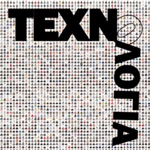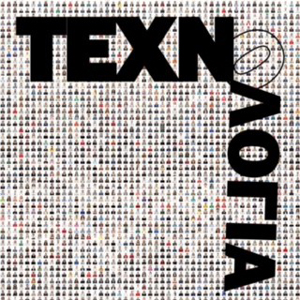Call for papers: (Un)Common Worlds III – Navigating and Inhabiting Biodiverse Anthropocenes: A conference at the University of Oulu (FIN), University of Derby (UK)[Deadline: 31/5/2023]

The theme of the third (Un)Common Worlds conference addresses ongoing environmental crises, including global biodiversity loss, from the perspective of human–animal studies, and in connection with ongoing discussions about framing this era as the Anthropocene.
The year 2022 marked the 30th anniversary of the Rio Convention on Biological Diversity, yet little positive change has happened, leading to the recent UN Biodiversity Conference (COP15) declaration that we are now dealing with an existential crisis. One of the identified root causes of biodiversity loss stems from people’s perceptions of other species – a realm of inquiry addressed widely in human–animal studies and critical animal studies.
From the 2010’s onward, scholarly interest in the relationships between humans and other animals has increased in human and social sciences. This work has been highlighting the role and status of animals in (human) societies under the new premises of pending ecological crises (Weil, 2010; Peters, Stucki & Boscardin 2014). Investigation of the social and cultural frames that inform human perceptions of other species, animals in particular, is gaining interest across disciplines, and established underlying onto-epistemologies (e.g. humanism or Cartesian dualism) are being reconsidered. Central to these advances is the call for opening spaces where framings productive of the unsustainable, unjust or harmful effects of these onto-epistemologies can be disrupted (Lupinacci 2019; Gunnarsson, et.al., 2016), and new more-than-human perspectives created (Sykes et.al., 2020).
The Anthropocene is one framing presented as both an explanation for and a potential solution to the ecological predicaments we are facing globally. This Age of Man, albeit a debated term, highlights permanent human impact on the Earth (Crutzen & Stormer, 2000), and centers on the responsibilities and possibilities for human solutions to the ensuing crises. Ways to overcome the complex challenges of the Anthropocene, such as biodiversity decline and climate change, are often sought through scientific and technological renewal (e.g. Thiele, 2020; Reynolds, 2021), but also through re-thinking of human relationships with the environment and the more-than-human world on different levels (e. g. Bird Rose and van Dooren, 2011; Craddock & Hinchliffe, 2015; Keith, 2016; Lorimer, 2015; Tammi, Hohti & Rautio, 2020; Stucki, 2023). At the same time, the very idea of the Anthropocene is critiqued for glossing over of the inequalities and injustices related to environmental crises (e.g., Yusoff 2018), as well as for sometimes amplifying environmental racism that is linked to colonial histories of exploitation of both people and nature are linked (e.g., Chao, Bolender & Kirksey, 2022; Nxumalo & Ross, 2019; Parikka 2014).
Central to human-animal studies scholarship in the Anthropocene is the questioning and dismantling of harmful dichotomies arising from the separation of nature and culture. In this regard, questions arise, for example, as to whether sustainable development can be achieved while relying on the anthropocentric ideas of mastery and stewardship (e.g., van Dooren, 2016; Cañada, Sariola, & Butcher, 2022), or alternatively and indeed, whether sustainability is a sensible framing and guiding principle (e.g. Bergmann, 2020; Rupprecht et. al., 2020; Policarpo et. al., 2018), paving the way for alternative approaches, such as interspecies / multispecies sustainability (Bergmann, 2019). The age of the Anthropocene presents an ontological challenge that reaches the core of scientific and scholarly premises and practices (Kraftl, et.al., 2020) and thus opens up spaces to develop creative, tentative, experimental research designs and propose new forms of collaboration, reporting and (re)presentation of human relations.
(Un)Common Worlds III encourages scholars across disciplines to submit individual or working group proposals that engage critically with ongoing environmental crises and existing framings – be they global ones such as climate change or the loss of biodiversity, coupled with framings such as the Anthropocene or sustainable development, or more local and situated conflicts arising from particular ways of perceiving animals and non-human life in our communities and societies. The proposed presentations can be conventional scholarly or more arts-based interpretations of the conference theme and include a range of research designs from conceptual/theoretical to empirical and creative/experimental.
See call for papers here





